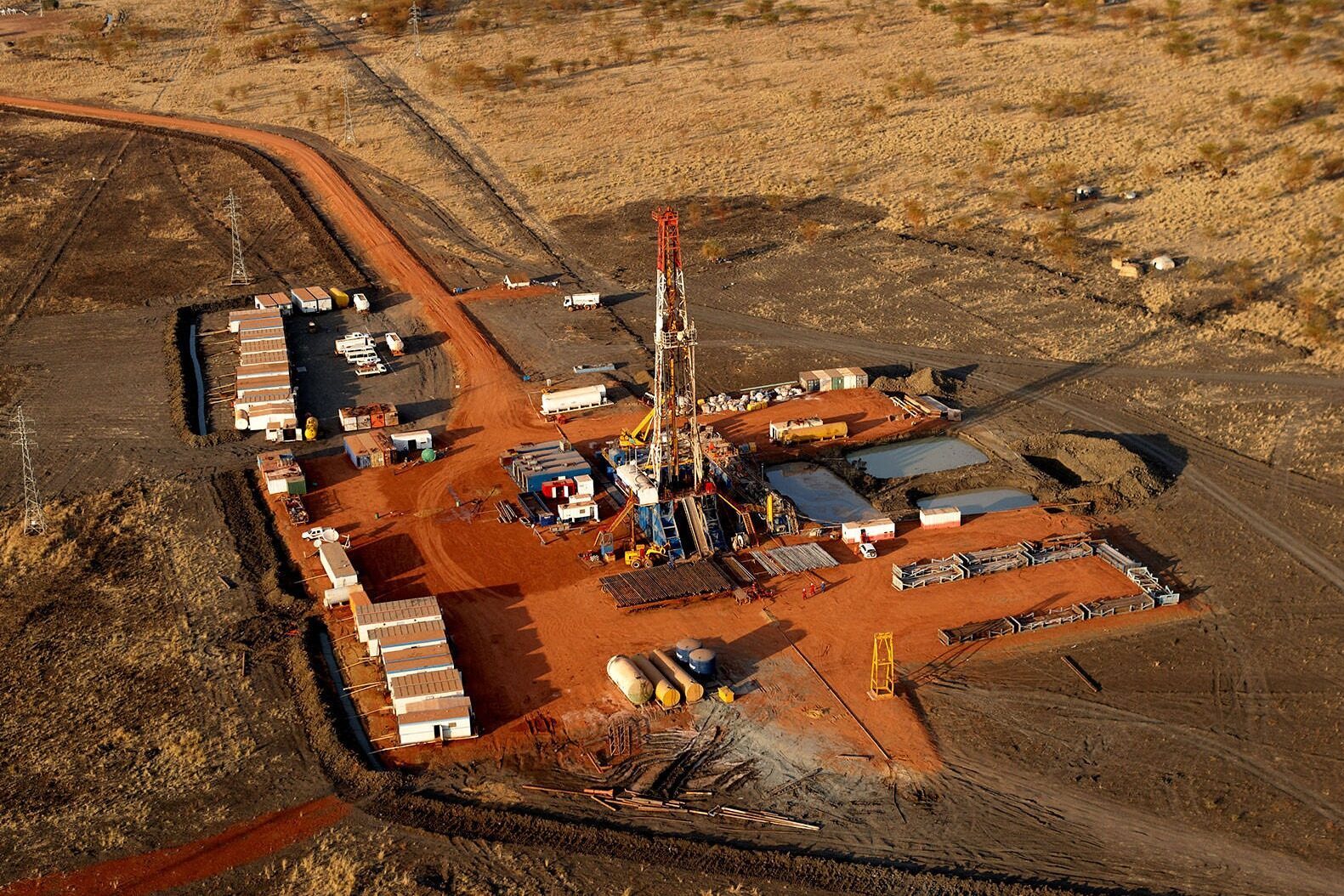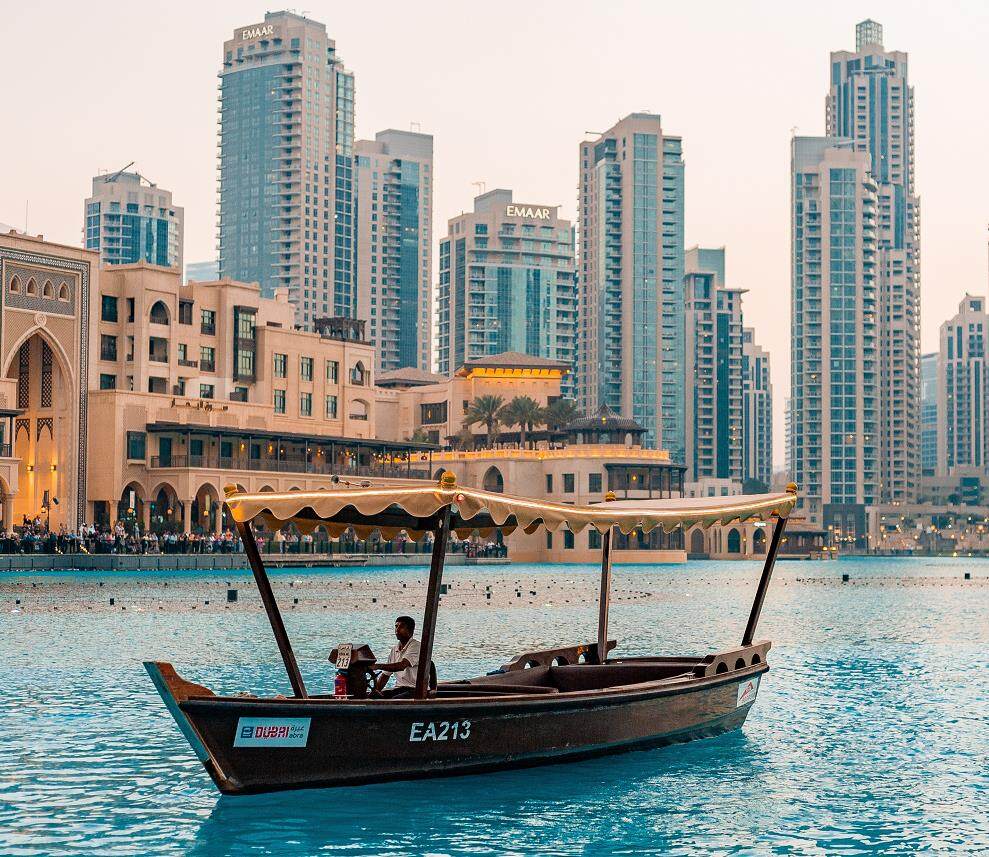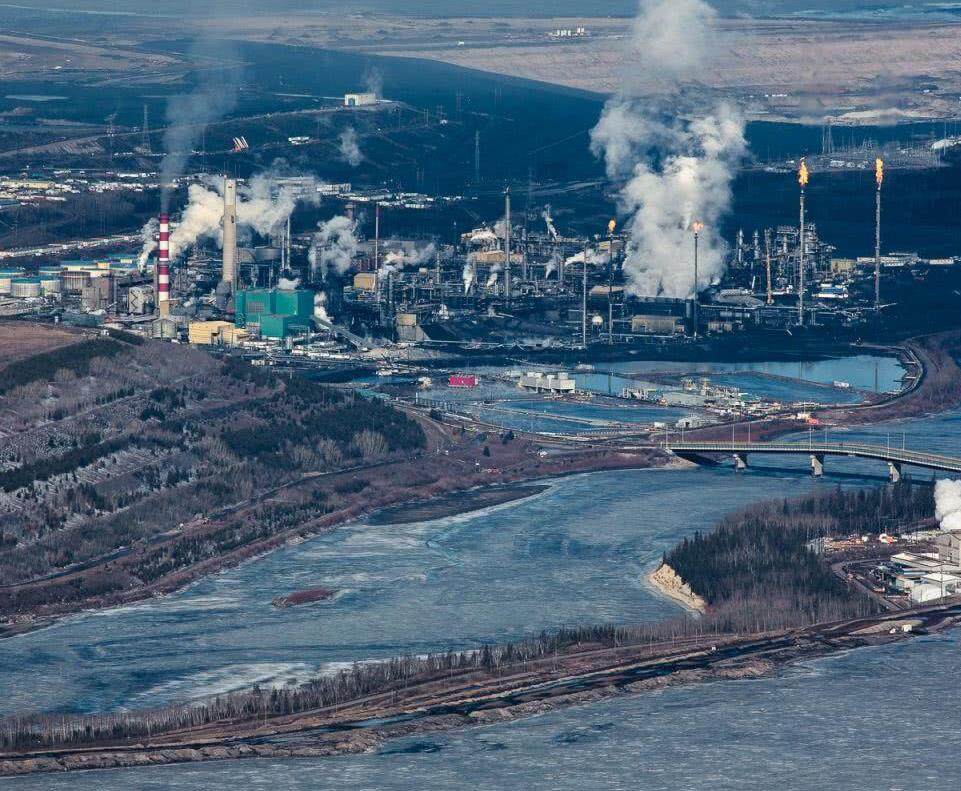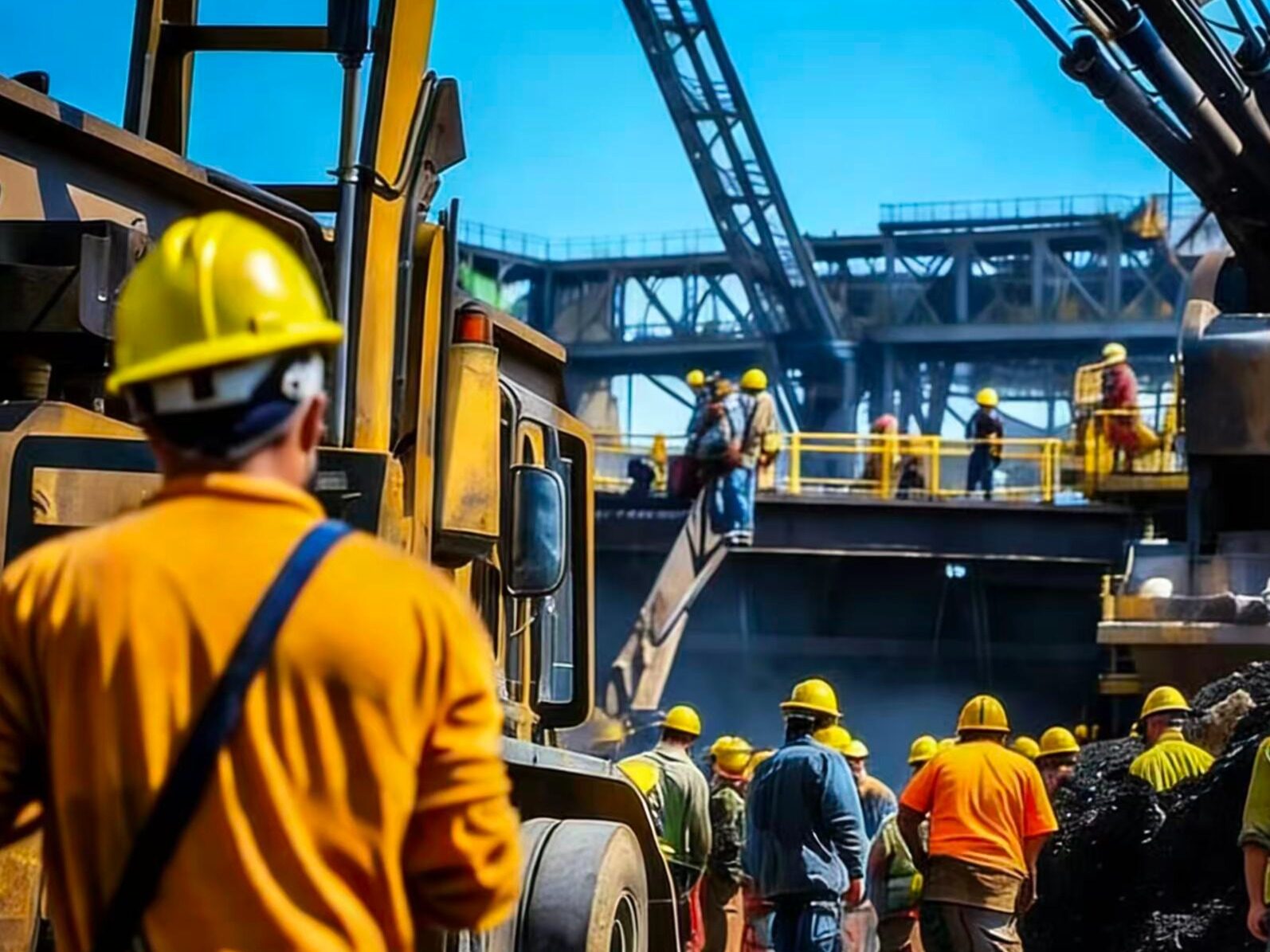- The United States and the United Arab Emirates will invest 100 billion dollars to deploy 100 gigawatts of clean energy

One night in 1942, Stalin summoned the energy minister of the Soviet Union in an emergency and issued an order to make the latter sweat: if you can't stop the Germans from taking our oil, you will be shot. If our army recovers the oil field but cannot resume oil production, you will also be shot.

Looking back on modern human history, the use and control of energy not only directly related to the victory or defeat of a war, but also affected the ups and downs of the fate of countries. The wars, plots, crises, rise and decline, wealth and poverty around energy have become the most wonderful epitome of the history of human civilization.
The two pillars supporting the global hegemony of the United States are petrodollars and strong scientific, technological and military strength. However, with the arrival of the new energy era, the pattern has begun to be reshaped.
The Abu Dhabi International Oil Exposition (ADIPEC) recently closed. The biggest outcome of the meeting was that the United States and the United Arab Emirates signed a strategic cooperation agreement. The two sides plan to jointly develop a 100 GW clean energy project by 2035, with a total investment of 100 billion US dollars.
Oil Kingdom Develops Clean Energy
According to the official information released by the White House of the United States, the new energy framework agreement signed between the United States and the United Arab Emirates is officially called "Accelerate the Clean Energy Partnership", which will promote the energy transformation and minimize climate degradation. The agreement has four major fulcrums, namely, clean energy innovation, deployment and supply chain, carbon and methane management, nuclear energy, industrial and transportation decarbonization.
As we all know, the United Arab Emirates, with its oil reserves ranking eighth in the world and natural gas reserves ranking seventh in the world, is the world's oil kingdom. Although its role in OPEC is lower than Saudi Arabia's, it also plays an important role. As the geopolitical conflict continues, the 33rd OPEC+Ministerial Conference made a decision to reduce oil production by 2 million barrels per day, which was strongly opposed by the United States.
US President Biden was disappointed that Saudi Arabia supported the decision to reduce production this time, and released a strong warning signal to Saudi Arabia. This time, the United States crossed over Saudi Arabia to make "glances" at the Abu Dhabi International Oil Expo to the United Arab Emirates, and spent hundreds of billions of dollars to build a new energy platform, which has profound implications.
According to this ambitious agreement, the cooperation between the United States and the United Arab Emirates will not only be limited to the two countries, but also provide support for some emerging market countries to develop clean energy. The cooperation contents include: response and management of harmful gas emissions, advanced nuclear energy technology, low-carbon development in industry and transportation, etc.
How to handle the drop of 100 billion dollars? First of all, the United States and the United Arab Emirates will set up an expert group to identify priority projects, remove barriers to cooperation, and evaluate the implementation process. According to the procedure, the two countries will give priority to the implementation of commercial projects in underdeveloped countries and provide technical and financial support. Key points of cooperation include: cooperation in the development, financing and promotion of clean energy projects in the United Arab Emirates, the United States and third countries, cooperation in investment in responsible and flexible supply chain projects, and cooperation in promoting green mining investment projects.
The agreement includes the following dimensions: first, cooperative investment in mining, production and processing of mineral resources; Second, cooperation in carbon capture, utilization and storage (CCUS) technology; Third, cooperation in nuclear energy, heavy industry and heavy transportation; Fourth, expand cooperation to hydrogen energy production, seawater desalination and other fields; Fifth, cooperate in the production of clean aviation fuel and clean marine fuel.
The cooperation also includes: promoting investment in carbon emission reduction of traditional fuels, as well as methane measurement and management; To jointly develop advanced nuclear reactor technology, including small modular nuclear reactors, and promote nuclear energy as a clean energy solution; Promote the low-carbon development of electric power and other non electric fields; Encourage specific investment and cooperation in the development process of decarbonization in 2030 in all industrial fields; Cooperate to expand the use of clean fuel in the field of long-distance transportation (aviation and navigation); Promote electrification and improve energy efficiency.
This 100 billion dollar clean energy cooperation is not only the latest embodiment of the strategic relationship between the United Arab Emirates and the United States, but also means that the United States has begun to intervene in the "post energy era" in the Middle East.
The Middle East is at the crossroads of old and new energy
Under the transformation of global energy, oil producing countries in the Middle East also have to think about the unavoidable practical problem of the relationship between old and new energy.
Sultan Jaber, CEO of Abu Dhabi National Oil Company (ADNOC), said that with "a perfect storm" impacting the global energy pattern, energy has become everyone's top priority. If we return the hydrocarbon investment to zero, we will lose 5 million barrels/day of oil from the current supply every year due to the continuous reduction of natural gas.
The United Arab Emirates is one of the major oil exporters in the world. Its oil production in OPEC is only second to Saudi Arabia and Iraq. As the most avant-garde country in the Middle East, it is always in the forefront of the Middle East and even the world. Dubai, the largest city in the United Arab Emirates, was built in the desert, and the street view composed of hundreds of buildings made New York gloomy; Abu Dhabi, the capital of the United Arab Emirates, is the world's oldest and largest zero carbon future city, which was built many years ago. The United Arab Emirates has the courage to take the lead in the world. It is not only good at money, but also prepared for danger in times of peace. It intends to seize the new energy platform with its current huge wealth, and strive to lead the world and rebuild the new Middle East under the banner of new energy.

As the most open country in the Arab world, when the new energy era comes, the United Arab Emirates keeps pace with the times and increases its investment in non fossil fuel energy. The project of the world's largest photovoltaic power station in Abu Dhabi, covering an area of 2.5 square kilometers, has been started, and they are ready to bid farewell to the last drop of oil.
Recently, the United Arab Emirates has also delivered the first 13 tons of liquid hydrogen to Germany and will host the 28th Conference of the Parties to the United Nations Framework Convention on Climate Change (COP28) in 2023.
The Minister of Energy of the United Arab Emirates, Mazrui, recently said that the energy strategy will be revised for the first time in early 2023 to benchmark the country's climate strategic goal of 2050 - to increase the proportion of clean energy projects in the energy structure to 50%. It is also expected that the Abu Dhabi International Oil Expo in 2022 will achieve the signing results of 100 billion new energy projects.
The head of the UAE Policy Center said that the crisis in Ukraine has rekindled the strategic importance of the Gulf countries and their influence on the global stage in terms of energy security and big country competition. A series of measures taken by the United Arab Emirates to interact with other major countries will bring its geo security partnership to a new level, so as to adapt to the rapid changes in the regional and international order.
This new energy war will be more complex than the century old oil struggle. The United Arab Emirates, a country endowed with the talent of "small countries and large oil", has maintained good relations with China, the United States, Russia and other major countries by virtue of its oil and gas resources and strategic position, and has won itself a space for energy security and a new energy future.Editor/Xing Wentao
Comment
 Praise
Praise
 Collect
Collect
 Comment
Comment
 Search
Search














Write something~